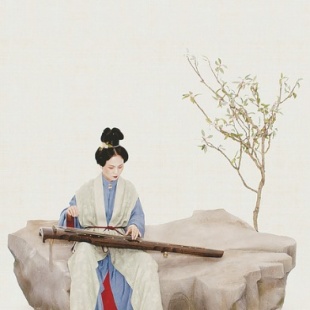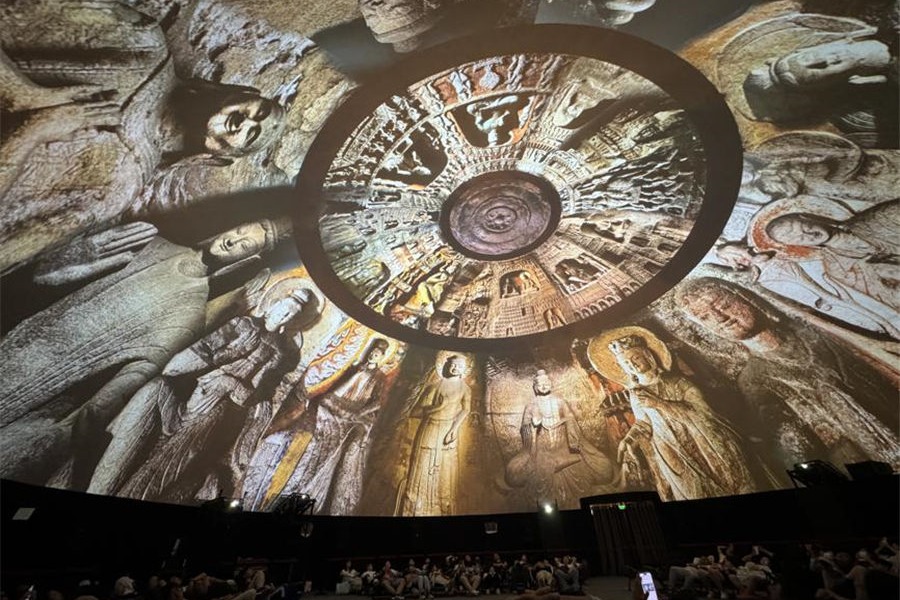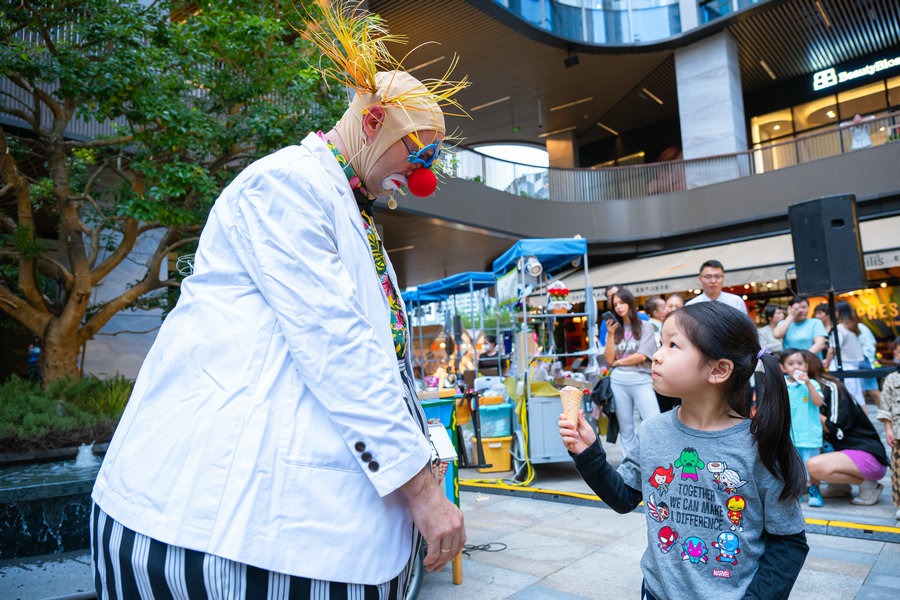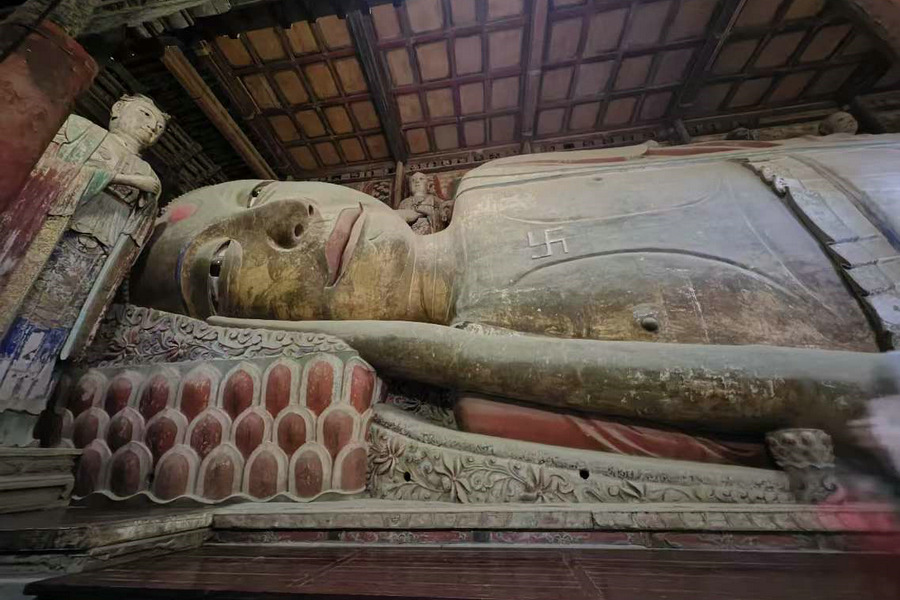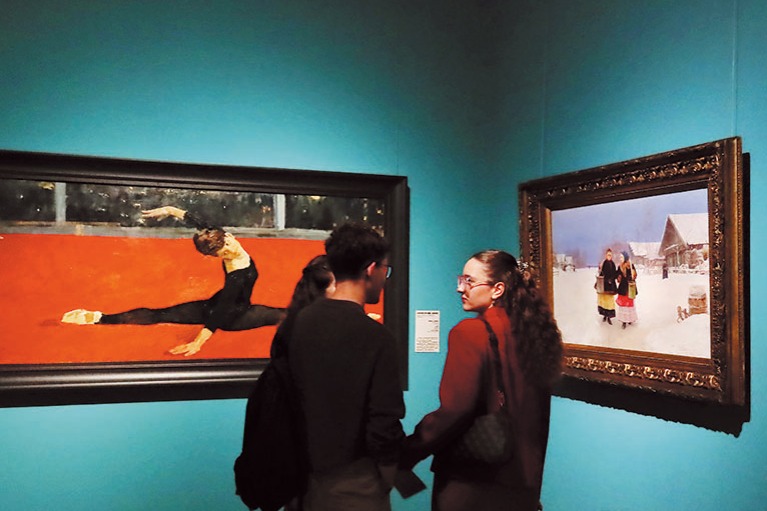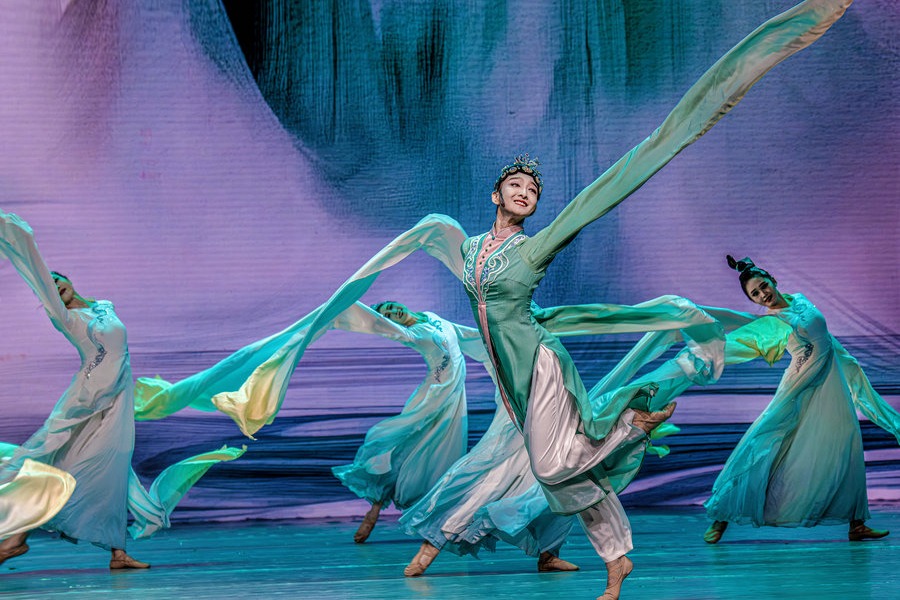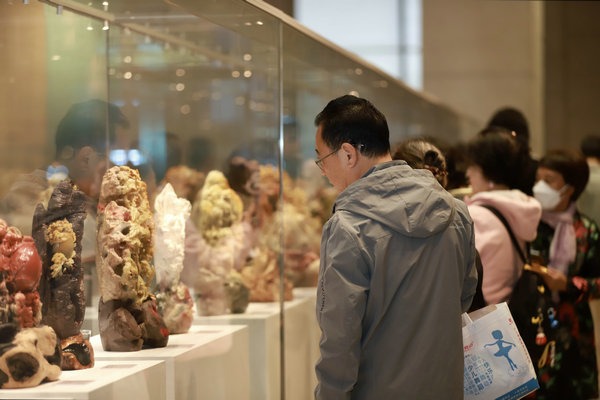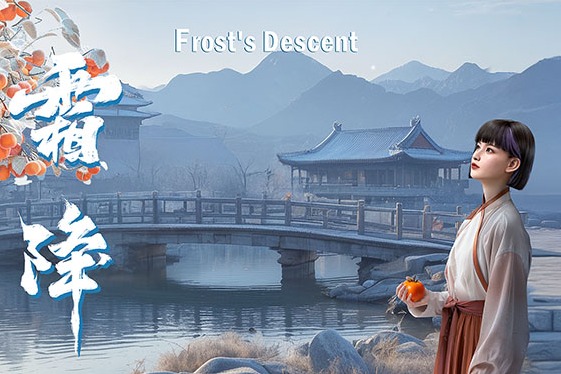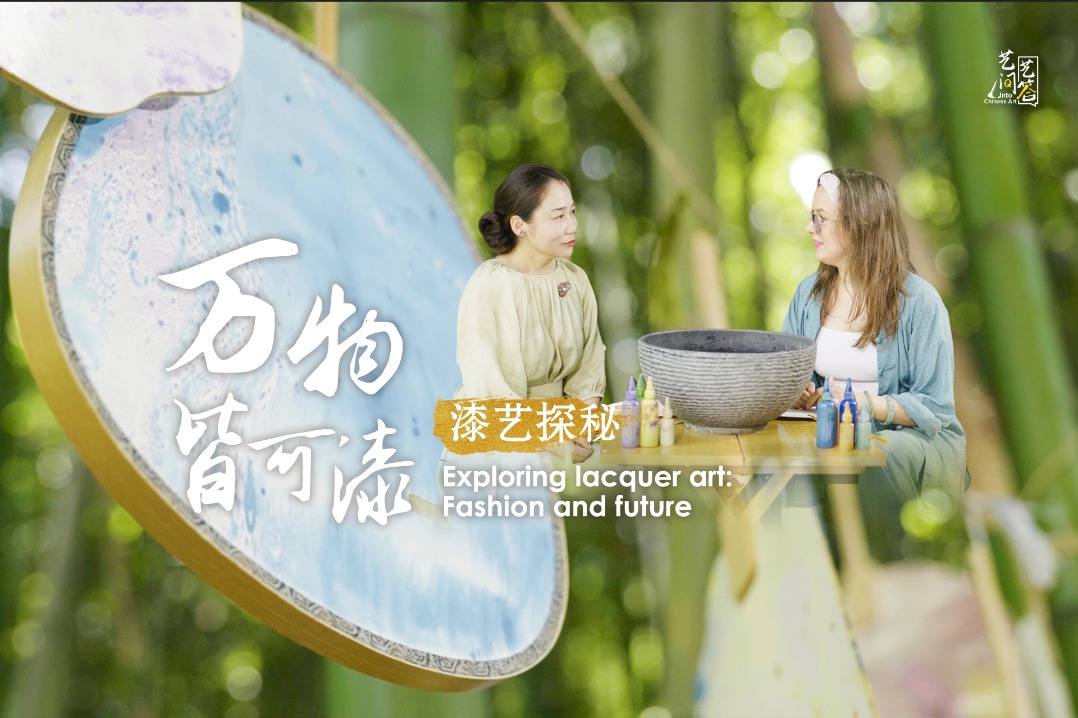An instrument of knowledge

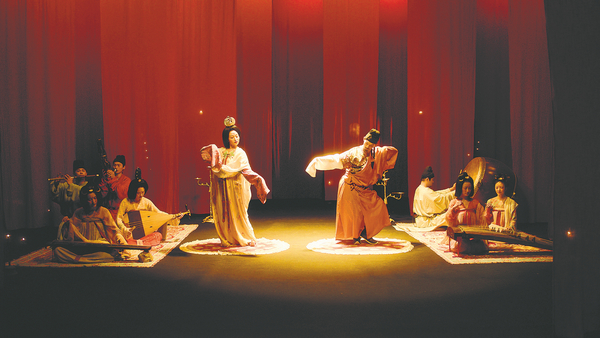
Apart from learning and working, they also formed an NGO that organizes guqin gatherings for fellow enthusiasts, resembling the traditional salons frequented by scholars and literati in ancient China.
Listed as "the four friends of literati", alongside chess (denoting Chinese chess and the game of Go), calligraphy and painting, guqin playing is never merely an entertainment, but also a medium for contemplation, personal cultivation and emotional exchange among kindred spirits.
Much like how scholars from the ancient times bonded over a single piece of music, at one fateful gathering, Cai and Tang met Zhu, who had, at the time, been studying the instrument for two years.
It was while working as an IT professional that Zhu picked up his interest in traditional Chinese culture, and a report noting that guqin was inscribed on the UNESCO Representative List of the Intangible Cultural Heritage of Humanity in 2008 caught his attention.
"Apart from learning about guqin making the list, I often read about the instrument in books and I developed a longing to try my hand at the instrument," Zhu says.


